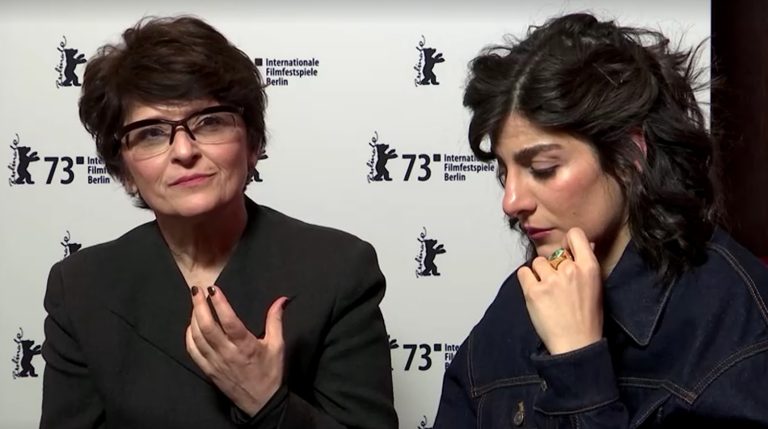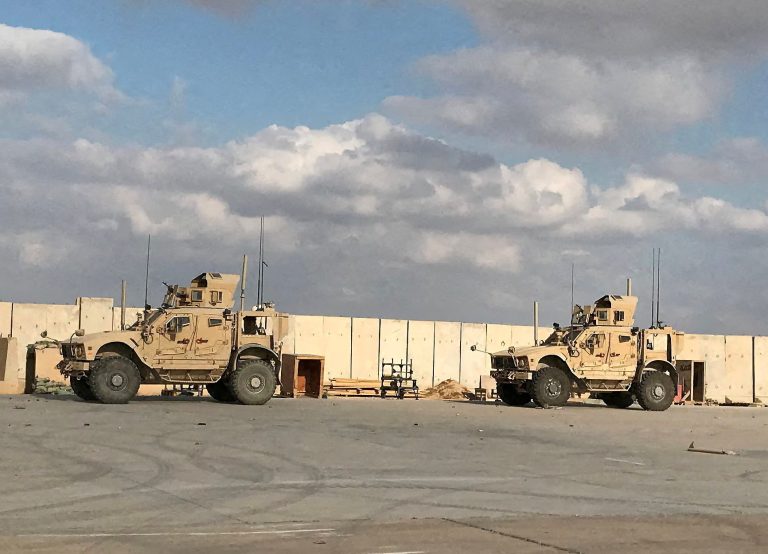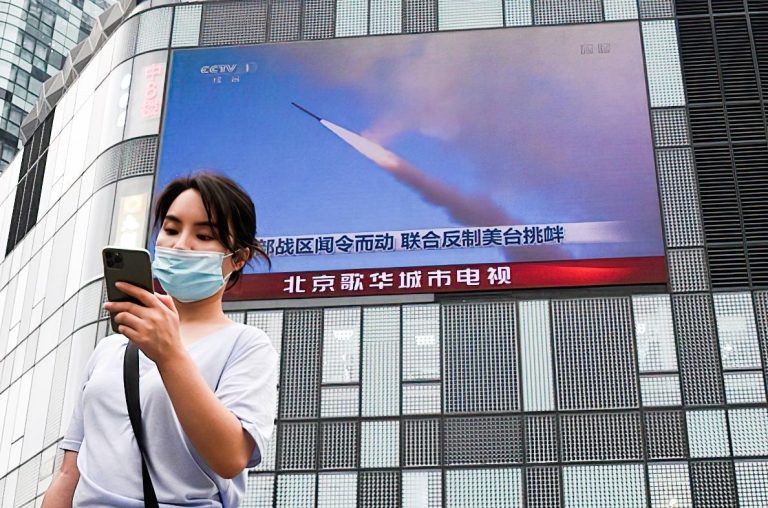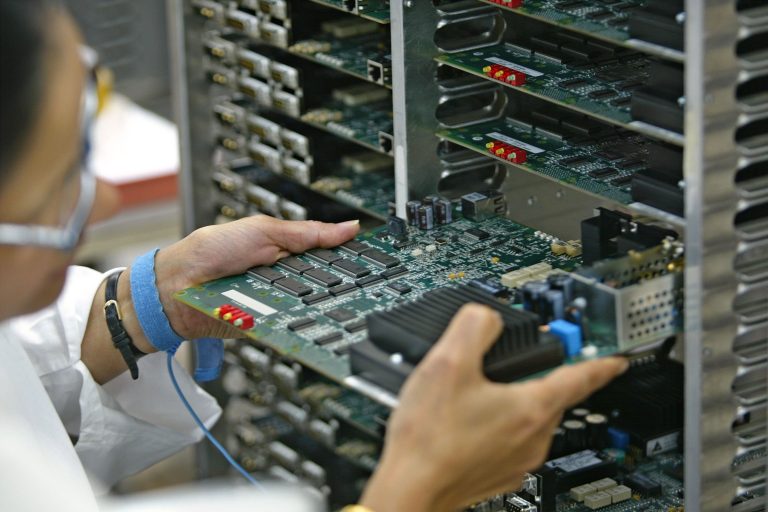Iranian filmmaker Sepideh Farsi presented her animated feature Siren at the Berlinale Film Festival in which she recounts the Iran-Iraq war to empower her compatriots in their protests against the current regime.
The film premiered in the Berlinale’s Panorama section on Thursday (February 16), is her first animation feature film, and is set against the backdrop of the war that started in 1980 and ground on for eight years, claiming up to 2 million lives.
This film follows 14-year-old Omid as he plays football and attends cockfights before his hometown of Abadan is destroyed by Iraqi forces.
History retold
“Of course. I think that you guys, the Westerners, I think that when you see this movie, you directly link it to what’s happening in Iran,” Farsi told Reuters at a press meeting at the Berlinale.
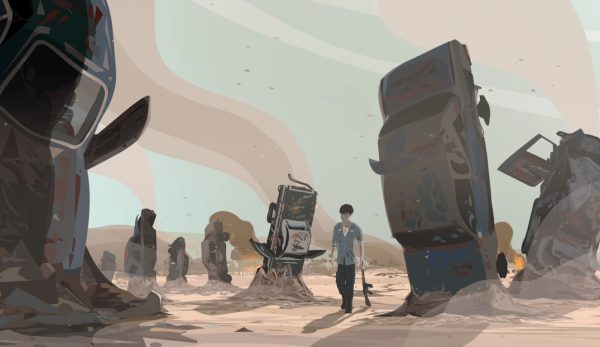
“But for us, as Iranian people, it’s not something necessarily new. It’s something in which we’ve grown up, and we’ve actually seen this a hundred times in our life.”
Success
You are now signed up for our newsletter
Success
Check your email to complete sign up
“So the other people’s version of the story was never told independently,” Farsi postulated. “That’s what we tried to do in the film.”
Farsi was determined to tell another story from what she said governments in Iran had done by glorifying the war with films honoring martyrs.
“The narratives of the regime, of that war, are very particular,” Farsi told Reuters, “They use the martyrs, they use that period of whole eight years when many people fought for Iran’s territorial integrity. But they kind of hijacked that war as well as the revolution as being only their own,” Farsi said.
And it is not entirely surprising as the Iraqi invasion started shortly after the Islamic Revolution of 1979, and Ayatollah Khomeini took charge of affairs.
Farsi depicts death and sorrow with expressionistic intensity, with missiles exploding in roads, bodies strewn across battlefields, and an oil refinery bursting into flames.
“I didn’t want to use VFX, heavy reconstruction, and studio filming to talk about the war. Therefore, animation seemed from the beginning like the right medium to tell this story because it gives you a lot of freedom to rebuild things that do not exist, like the city of Abadan, which was practically fully destroyed, and many other things that are long gone. And animation allows you to rebuild them in a very personal and iconic way.”
Countering regime narratives
Farsi, who now resides in Paris, has been prohibited from returning to her native country since 2009 because she disobeyed orders not to film feature-length documentaries and documentaries about life there.
She claimed that portraying such grim wartime realities was her own way of resisting. It seems not only the Islamic regime forces have exploited the war and used it for their means to glorify the revolution; Farsi and her team also wanted to reenact the war and use it to bolster their own revolution.
READ MORE
- Iran Sentences 20-year-old Instagram Influencer Couple to 10 Years in Prison for Dancing in Public Without
- Family of Iranian Football Star Blocked From Leaving Iran Amidst Heavy Protests
- Cruel Treatment of Imprisoned Iranian Activist on Display in Letter Written From Jail
- Iran to Freeze Bank Accounts of Women Who Defy Hijab Rules
“I think there are many hidden tributes in the film that we wanted to put there that really mattered to me,” Farsi continued, bringing up the character of Elaheh, a singer who actually existed but who so tellingly lost her voice in the aftermath of the revolution.
Then there was a scene depicting the lead female character Pari symbolically tearing off her hijab and turning it into a tourniquet. When asked what this scene meant to her, voice actress Mina Kavani answered:
“This scene for me, it’s, you know, a kind of a symbol of the specifically Iranian young girl with their courage, and with their, you know, that they don’t care and they’re just very brave, and they just go to the adventure without even thinking. So for me, this scene, it’s the symbol of the Iranian young girl’s character and personality and spirit.”
Reuters contributed to this report.



